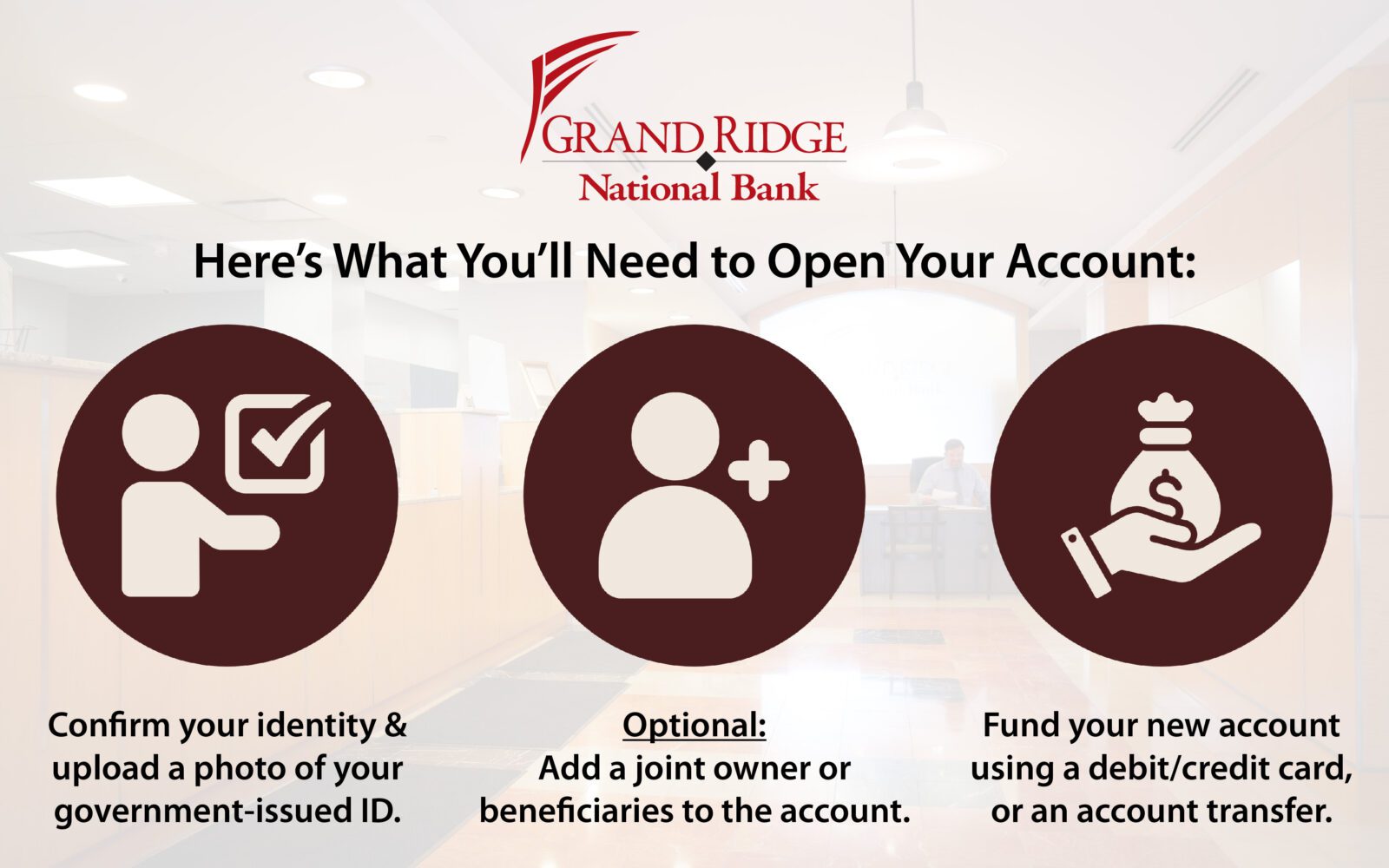Protecting Your Personal Information
- Never reply to an email or pop-up message asking for personal or confidential information.
- Do not reply or click on a link in an email or text warning that your account will be closed or suspended. If you have concerns, contact the legitimate company cited in the email using a telephone number or web address you know is genuine.
- Email messages are generally not secure and not encrypted. Never include account numbers, debit card numbers, personal account information or passwords in emails sent to the bank.
- Report lost or stolen debit cards immediately.
- Report lost or stolen checks and credit cards immediately.
- Never provide personal information in response to an unsolicited call, fax, letter, email, or internet advertisement.
- Check your account balances and activity daily.
- Sign up for eStatements to eliminate mail and paper.
- Sign up for alerts to notify you of potentially unauthorized activity.
- Review your credit report with each of the three major credit bureaus each year to ensure the accuracy of the information being reported
- Grand Ridge National Bank will NEVER contact you by phone, by email, or by text message requesting personal information including account numbers, passwords, personal identification information or any other confidential customer information.
- Secure your credentials – Never share your Access ID, Password, or answers to challenge questions with anyone. Create passwords that are unique and difficult to guess. Do not re-use the same password for multiple sites. Create a new password for your online access that differs from passwords used for email access or other online websites.
- Use a password manager solution to manage your passwords for you, this will allow you to ensure every account you have has a unique and strong password. This can enable you to use highly security passwords of twenty or more characters as you no longer need to type or remember them with a password manager solution.
- Use a breach reporting site like https://haveibeenpwned.com/ to alert you if your emails have been associated with any data breaches
Protecting Your Devices
- Use secure passwords that are twelve characters in length or longer. Avoid common passwords or anything that may be easily guessed or publicly known about yourself.
- Passwords should include upper case letters, lower case letters, numbers and/or special characters.
- Install an anti-virus program on your computer and keep it up to date.
- Obtain anti-spyware software and frequently run online updates.
- Install a firewall and check regularly for online updates. This protective wall between your computer and the internet helps prevent unauthorized access to your computer.
- Research any “apps” before downloading and don’t assume an “app” is legitimate just because it resembles the name of your bank or other company you are familiar with.
- Enable auto updates for your operating system. These updates often include critical patches and protections against security threats. Make sure your apps also auto-update.
- Don’t access your personal or financial information on public Wi-Fi networks. Always assume a public Wi-Fi network isn’t secure.
Security Resources
These government websites provide frequently updates to keep you up to date with the most accurate and timely information related to your information security.

